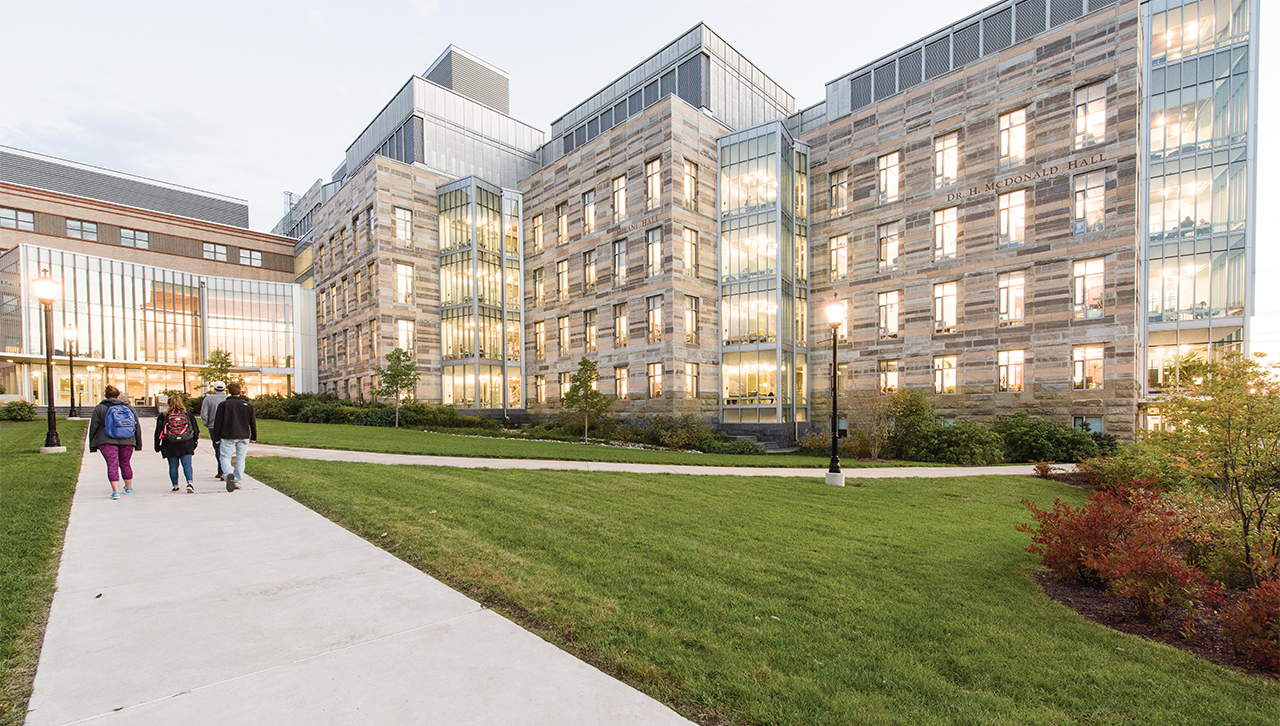STEM and the Mission: Science is a Human Endeavor

This is an excerpt from an article published in Conversations magazine. Read the entire story via the link at the end of this page.
It's been nearly a decade since the University of Scranton’s Loyola Science Center opened its doors at the heart of our campus, significantly upgrading the University’s STEM teaching and research capabilities and symbolically connecting to St. Thomas Hall, where many humanities programs reside.
Still, I clearly recall the theme of the dedication program: “Science as a Human Endeavor.” On the surface, this theme alludes to the collaborative nature of research projects in the sciences, many of which require a team or a community of researchers to make substantive progress. But a more appropriate and potentially energizing interpretation of this theme aligns the Loyola Science Center with Scranton’s Jesuit mission.
Science is a human endeavor because it is a way for us to know about and serve our world. In concert with the arts, humanities, and social sciences, the scientific disciplines can help form students into well-rounded leaders committed to the service of, and justice for, others. Therefore, education in the sciences in a Jesuit context ideally facilitates the understanding of topics integral to a commitment to justice and prepares students to serve in an array of globally important fields.
It’s true that the theme of justice seamlessly weaves into the disciplines of theology, philosophy, or economics and that, for many, this connection is less obvious in fields like chemistry or physics. But if the mission of a Jesuit institution is to prepare students to go into our world and advance justice — to ensure that every discipline cultivates in students a “moral concern about how people ought to live together,” as the former Jesuit General Superior Peter Hans Kolvenbach, once put it — these institutions must be ready to do so competently in areas impacted by the sciences.
Continue reading in Conversations on Jesuit Education.






